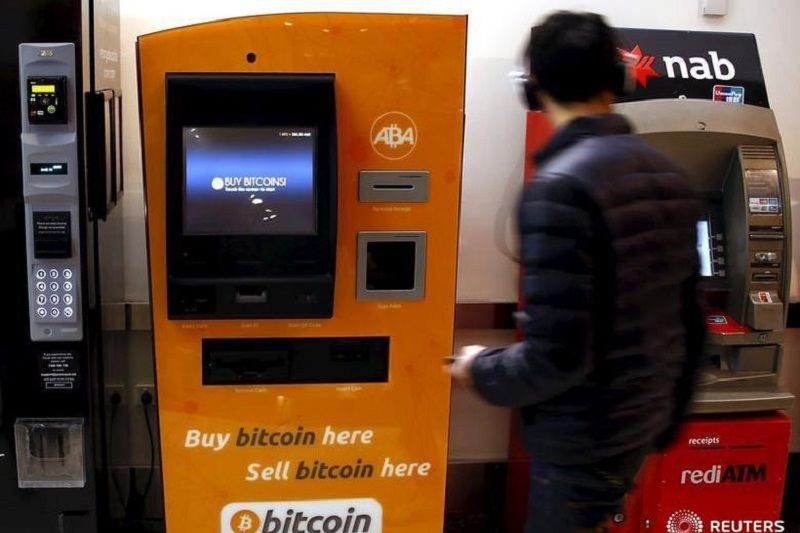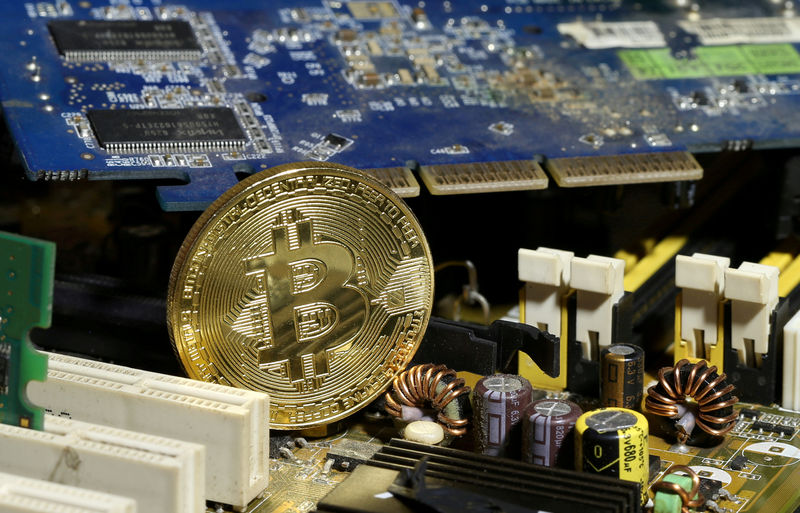Former US president and current Republican presidential candidate Donald Trump could announce it as a “strategic reserve asset” during a cryptocurrency conference in Nashville later this month, according to rumors on social media.
Trump is expected to speak at the upcoming Bitcoin conference in Nashville, which will take place later this month.
Dennis Porter, co-founder and CEO of the Satoshi Action Fund, said he obtained this information from “credible” sources.
“Adding #Bitcoin as a ‘strategic reserve’ to the US Treasury is a no-brainer and once the US does it, the paradigm will shift and the world will understand that they should have a #Bitcoin position too,” he wrote on X.
What do cryptocurrency experts say?
Yves La Rose, co-founder of ExSat, told Investing.com that designating Bitcoin as a strategic reserve asset in the United States “would mark a fundamental shift in the country's financial strategy.”
“This move would leverage Bitcoin’s decentralized nature and global acceptance to enhance economic resilience and stability. It would be a watershed moment that would validate Bitcoin’s digital gold narrative.”
Trump has already expressed his strong support for Bitcoin, highlighting its geopolitical importance. He warned that anti-Bitcoin policies would benefit adversaries such as China and Russia. This statement not only positioned him as a pro-Bitcoin candidate, but also sparked discussions about classifying Bitcoin as a strategic reserve asset.
“This initiative can potentially boost the price of Bitcoin, attract new investors and increase its legitimacy. Using confiscated assets to fund this reserve could help effectively utilize these holdings, reducing the need for additional Bitcoin purchases on the open market,” Iva Wisher, co-founder and COO of Prom, told Investing.com.
However, Wisher believes this pro-crypto stance is part of Trump's current strategy.
“The concrete expectations and implementation of this initiative will become clearer after the elections, and it is a very opportune moment to draw final conclusions.”
Trump adviser Vivek Ramaswamy also proposed backing the dollar with a basket of commodities, including bitcoin. Similarly, Robert F. Kennedy Jr. suggested that a portion of U.S. Treasury bonds be backed by hard currencies, including the original cryptocurrency.
Senator Cynthia Lummis also supported diversifying the Federal Reserve's currency holdings with Bitcoin.
Other pro-Bitcoin political leaders have argued for the advantages of Bitcoin as a strategic reserve asset. They argue that as Bitcoin continues to gain value, countries will compete to accumulate it, similar to other scarce commodities such as gold, silver, platinum and oil reserves.
Bitcoin's high yields make it an attractive asset for sovereigns to acquire now, they say.
Could the United States use the confiscated assets?
The United States currently holds the largest amount of Bitcoins, having seized massive amounts from illicit actors. According to some estimates, the US government holds more than 200,000 Bitcoins.
Now that Trump has become the first pro-Bitcoin president, the United States could move toward using Bitcoin as a strategic reserve asset.
“This basically means that the Trump administration will consider Bitcoin as a commodity worth holding in large quantities. If they follow through on their promise, it will mean that the US government will have a lot of Bitcoin on hand,” Eric Parker, co-founder and CEO of Giddy, told Investing.com.
Parker added that the US “acquired a ton” of Bitcoin “from law enforcement over the years.”
“Overall, it's good news, but the impact on prices is uncertain. If people start buying frantically but the US government doesn't inject money into them, we could see a drop.”
“It could really mean that they are taking cryptocurrency regulations seriously and not just using them as campaign rhetoric,” Parker concluded.
Trump has since reversed his previous stance against cryptocurrencies. In 2019, he criticized Bitcoin and other cryptocurrencies, citing their volatility and potential illegal use. However, earlier this year, at a dinner at Mar-a-Lago, he urged voters to support him if they were in favor of crypto assets.
Cryptocurrencies are now officially on the campaign trail, going beyond mere mentions to appease certain voting demographics and fundraising political action committees (PACs). The industry, which has long sought legitimacy, is now finding it in Trump’s attendance at a Bitcoin-focused conference.









